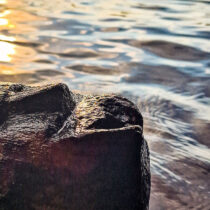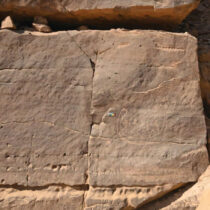The Call for Papers for EAA 2021 Session #322 “Small-Island Resilience and Vulnerability” is now open.
Location: Kiel (Germany); due to the current situation, the conference will be hybrid (on-site and remote attendance).
Date: 8–11 September 2021
Organisers
Erica Angliker
Lilian de Angelo Laky
Abstract
As environmental issues have become an urgent topic, archaeologists are now turning to ancient societies to see how past communities perceived and interacted with the natural world around them and how the environment, in turn, impacted ancient societies. Along this line of inquiry, one place, where the interactions between environment and human communities have proven interesting to study, is small islands. Although scholars long believed that small islands worked as closed environments (here referring to the popular ‘island laboratory’ concept), these places are by no means cut off from external influences. Given their geographically-restricted population and natural resources, small islands – in the past, as today – are considered especially vulnerable to natural and anthropogenic hazards. Indeed, studies continue to show that the resilience of island communities is underestimated and that they remain deeply affected by high-risk situations. Small islands are more exposed than continental areas to demographic and social changes, serious earthquakes and to variations in water level, which threaten to disappear whole territories of an island, or to submerge it entirely. The culture of small islands is also deeply affected by external influences like the influx of mass tourism, which may lead to the disappearance of local traditions.
This section aims to further examine how ancient people dealt with the different impacts of the environment on small islands. We welcome papers dealing with the impact of environmental changes on the demographic and social composition of small islands. We also will welcome papers that examine how the environment of the islands influenced the local culture of the islands (i.e. their religious practices, social organization, economies, material culture and local traditions). Particularly welcome will be studies focusing on inhabited or un-inhabited islands which historically served as cemeteries, maritime strongholds, sanctuaries, pirate-hideaways, or ‘goat islands.’





